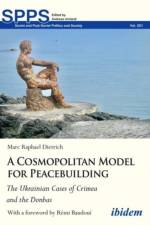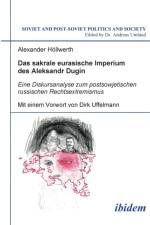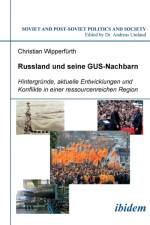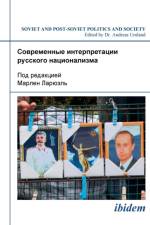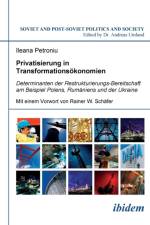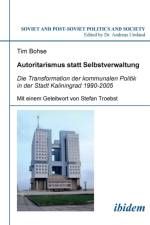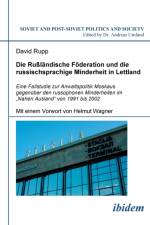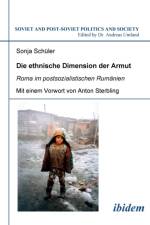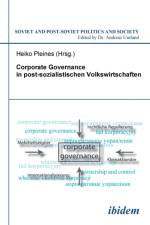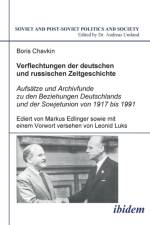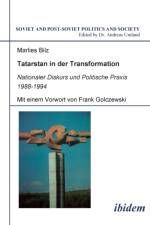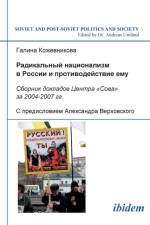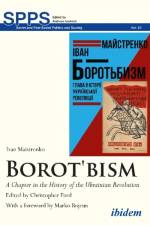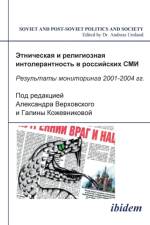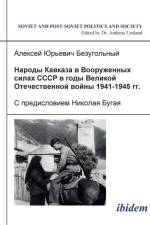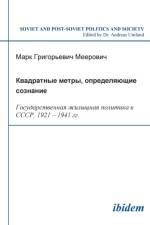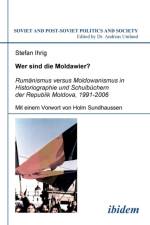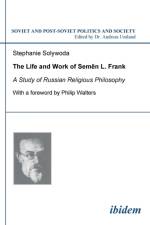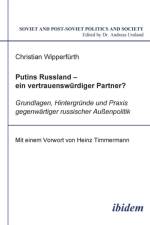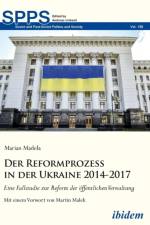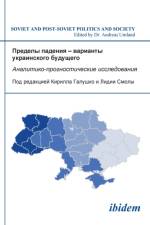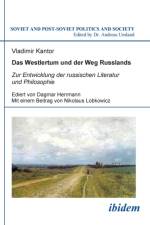857
The Russian nationalist idea, considered a marginal tendency in the 1990s, has, during the last years, transformed into an official state and widely popular ideology. The Russian political spectrum is unified in its promotion of a discourse grounded in undisguised anti-Westernism as well as the paranoid view that national unity and authenticity are threatened by various external and internal enemies. The space of political representation has become increasingly covered by nationalism to the point that it is today regarded a "politically correct" attitude in Russia. Nationalist and, in some cases, crypto-fascist factions operate in all major political parties of Russia today.The government actively contributes to promoting this trend through introducing patriotic education at school, revitalizing anti-Americanism as a foreign policy doctrine, new national holidays and commemorations, a growing cult of the military, frequent references to Orthodoxy, utilizing ultra-nationalist groupings in its manipulation of public life through "political technology", and essentializing "ethnic rights" of the national subjects of the Federation. The media has come to play a crucial role in the dissemination of cryptic and, sometimes, manifestly nationalist ideas. The submission of most major mass media outlets to the authorities highlights the "fourth power's" status as a proponent of nationalist discourse in its own right. The media has been playing an increasing role in exacerbating xenophobic tensions within Russian society.This nationalist climate is not restricted to politics and journalism, but is also to be found in numerous sections of cultural and academic life. Thus, in Russia today, apart from various cases of para-science and alternative history, the notion that certain academic disciplines have the mission to justify "Russian specificity" is widespread among scholars, as are approaches, defined as "civilizationist," that systematize national stereotypes. History, sociology, economics, and literature as well as the new disciplines of "culturology" and "geopolitics" propagate ethnocentric precepts with consequences yet to be explored.Contents:Marlène Laruelle, Deliberations on "Russian Nationalism" as a Subject of Academic Research; Galina Zvereva, The Discourse of the State Nation in Contemporary Russia; Viktor Voronkov and Oksana Karpenko, Patriotism as Nationalism of the (Post-)Soviet Man; Andreas Umland, Three Varieties of Post-Soviet Fascism: Conceptual and Contextual Problems of Interpreting Contemporary Russian Ultra-Nationalism; Aleksandr Verkhovskii, The Church's Project of Russian Identity; Dmitrii Dubrovski, Sports and Politics: Soccer as a National Idea in Contemporary Russia; Viktor Shnirelman, The Civilizational Approach as National Idea; Aleksandr Nikulin and Irina Totsuk, The Metahistorical Matrix of Great Power Rent-Seeking: Politico-Economic Peculiarities of the Academic National Idea; Natalia Ivanova, Specificities of the Nationalist Discourse in Contemporary Literary Criticism; Yulia Liderman, The Course towards Patriotism and the Answer of Russian Cinematography after 2000: New Budgets, New Genres, New War Movies; Vera Zvereva, TV Celebration Concerts: The Rhetoric of State Nationalism.


